- About
-
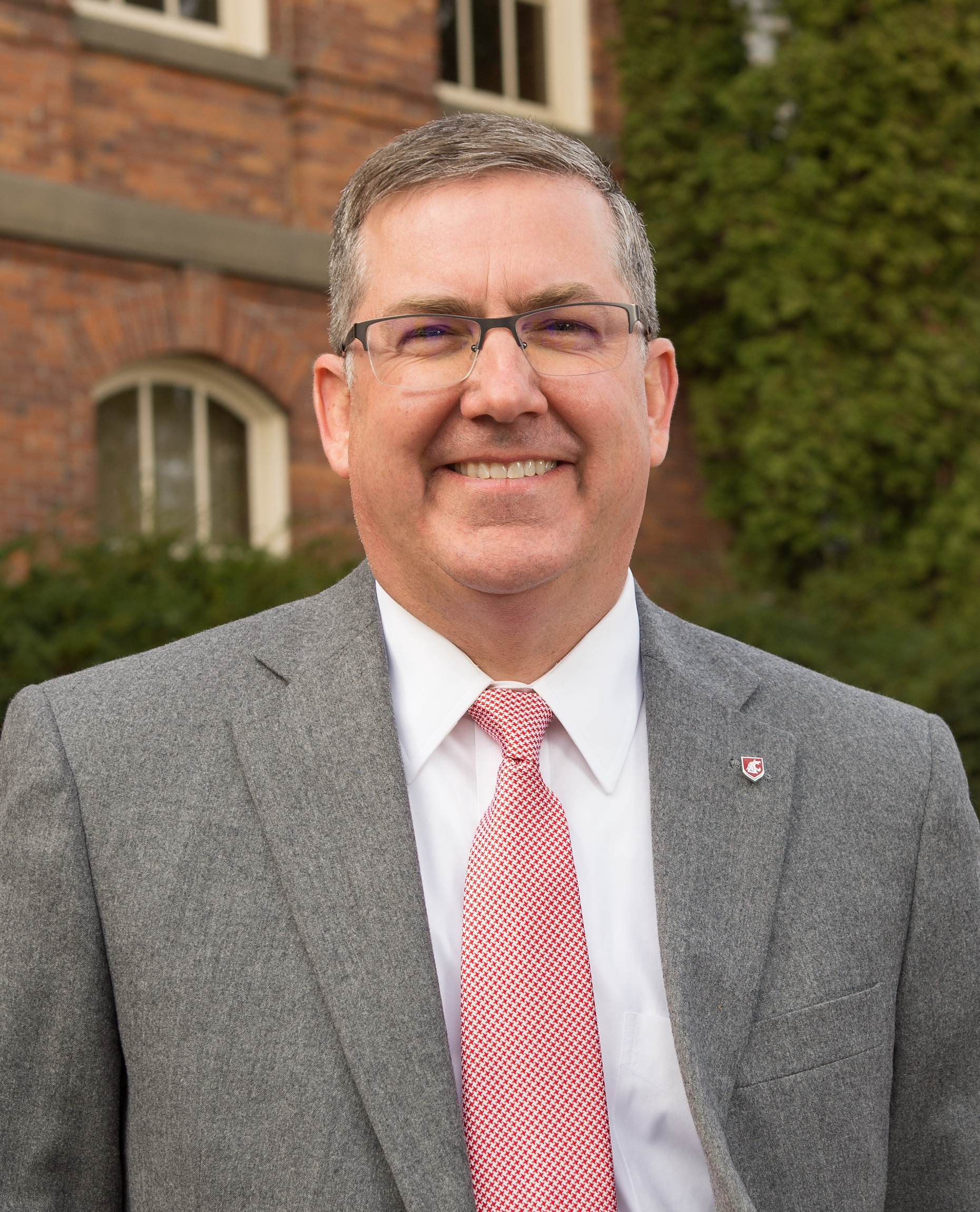 Kirk A. Schulz, PhD, President of Washington State University 2016-2025"With the support of ARCS Foundation, we have been able to provide assistance to some of our most talented doctoral students, allowing them to focus on the important challenges before them."
Kirk A. Schulz, PhD, President of Washington State University 2016-2025"With the support of ARCS Foundation, we have been able to provide assistance to some of our most talented doctoral students, allowing them to focus on the important challenges before them." -
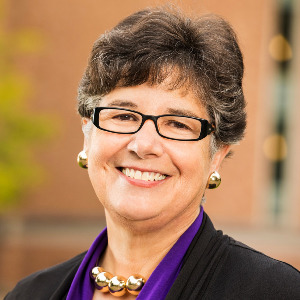 Ana Mari Cauce, PhD, President of University of Washington 2015-2025"ARCS Foundation is a vital partner of the University of Washington as we seek to recruit the very best graduate students in the sciences and engineering."
Ana Mari Cauce, PhD, President of University of Washington 2015-2025"ARCS Foundation is a vital partner of the University of Washington as we seek to recruit the very best graduate students in the sciences and engineering." -
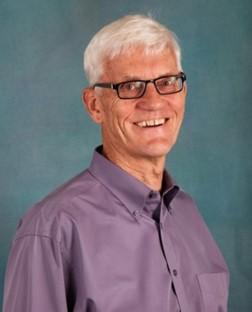 Lee Huntsman, PhD, UW President Emeritus, Professor Emeritus"The evidence is clear; ARCS Foundation and its mission, energy, and principles have led to a record of outstanding stewardship. ARCS Scholar Award donations are used very wisely and with high impact."
Lee Huntsman, PhD, UW President Emeritus, Professor Emeritus"The evidence is clear; ARCS Foundation and its mission, energy, and principles have led to a record of outstanding stewardship. ARCS Scholar Award donations are used very wisely and with high impact."
Seattle Chapter in the News
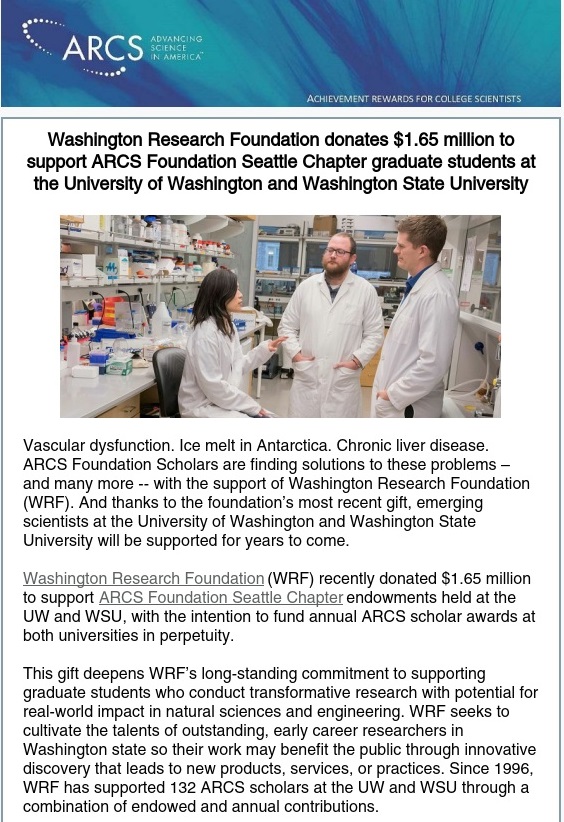 Washington Research Foundation donates $1.65 million to support ARCS Foundation Seattle Chapter graduate students at the University of Washington and Washington State University
Washington Research Foundation donates $1.65 million to support ARCS Foundation Seattle Chapter graduate students at the University of Washington and Washington State UniversityVascular dysfunction. Ice melt in Antarctica. Chronic liver disease. ARCS Foundation Scholars are finding solutions to these problems – and many more -- with the support of Washington Research Foundation (WRF). And thanks to the foundation’s most recent gift, emerging scientists at the University of Washington and Washington State University will be supported for years to come.
Washington Research Foundation (WRF) recently donated $1.65 million to support ARCS Foundation Seattle Chapter endowments held at the UW and WSU, with the intention to fund annual ARCS scholar awards at both universities in perpetuity.
This gift deepens WRF’s long-standing commitment to supporting graduate students who conduct transformative research with potential for real-world impact in natural sciences and engineering. WRF seeks to cultivate the talents of outstanding, early career researchers in Washington state so their work may benefit the public through innovative discovery that leads to new products, services, or practices. Since 1996, WRF has supported 132 ARCS scholars at the UW and WSU through a combination of endowed and annual contributions. Continue reading this article here.
 Shooting for the Stars the title of the article in the June issue of COLUMNS, the University of Washington Alumni magazine featuring ARCS. Hannelore Sudermann, managing editor, attended our ARCS event in February at the UW School of Law where she met several ARCS members and Fellows.
Shooting for the Stars the title of the article in the June issue of COLUMNS, the University of Washington Alumni magazine featuring ARCS. Hannelore Sudermann, managing editor, attended our ARCS event in February at the UW School of Law where she met several ARCS members and Fellows.
“Some groundfish are so rare they might soon vanish from the ecosystem. Others are so common they may be overwhelming the sea floor. “But the thing is, around here we think a lot about salmon and killer whales,” says Elizabeth Ng, a graduate student in marine ecology and conservation. “We need to also understand these other really dynamic fish and sharks.”
Ng’s mission is to figure out how populations of Puget Sound groundfish like rockfish, sole, halibut and spiny dogfish have changed over the years. The information will help fishery managers make scientifically informed decisions to ensure the sustainability of certain species. “But it’s hard work,” she says. “Fish move and are difficult to track. Continue reading this article here.
Seattle Chapter ARCS Foundation receives the 2017 Peter Dyer Heart of Nursing Award
The award acknowledges an individual or group who embodies the ideals of the UW School of Nursing and whose leadership, dedication, and contributions reflect an ongoing commitment to advance the nursing profession. This award was created in honor and memory of Peter Dyer – nursing advocate, donor, and friend.
ARCS members were proud to attend the award ceremony. President Marcia Lewis accepted the award on behalf of Seattle Chapter.
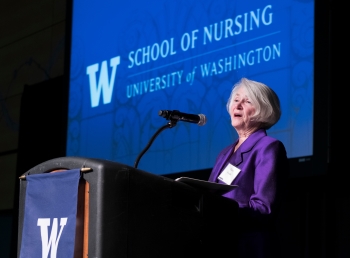
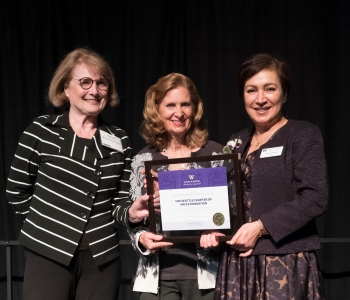
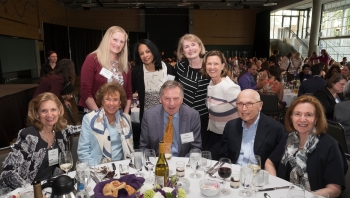
PHOTOS by Stephen Brashear Media Mentions — Featured Scholars
ARCS Foundation Seattle Chapter and several ARCS Scholars were recently featured in the University of Washington School of Public Health winter newsletter.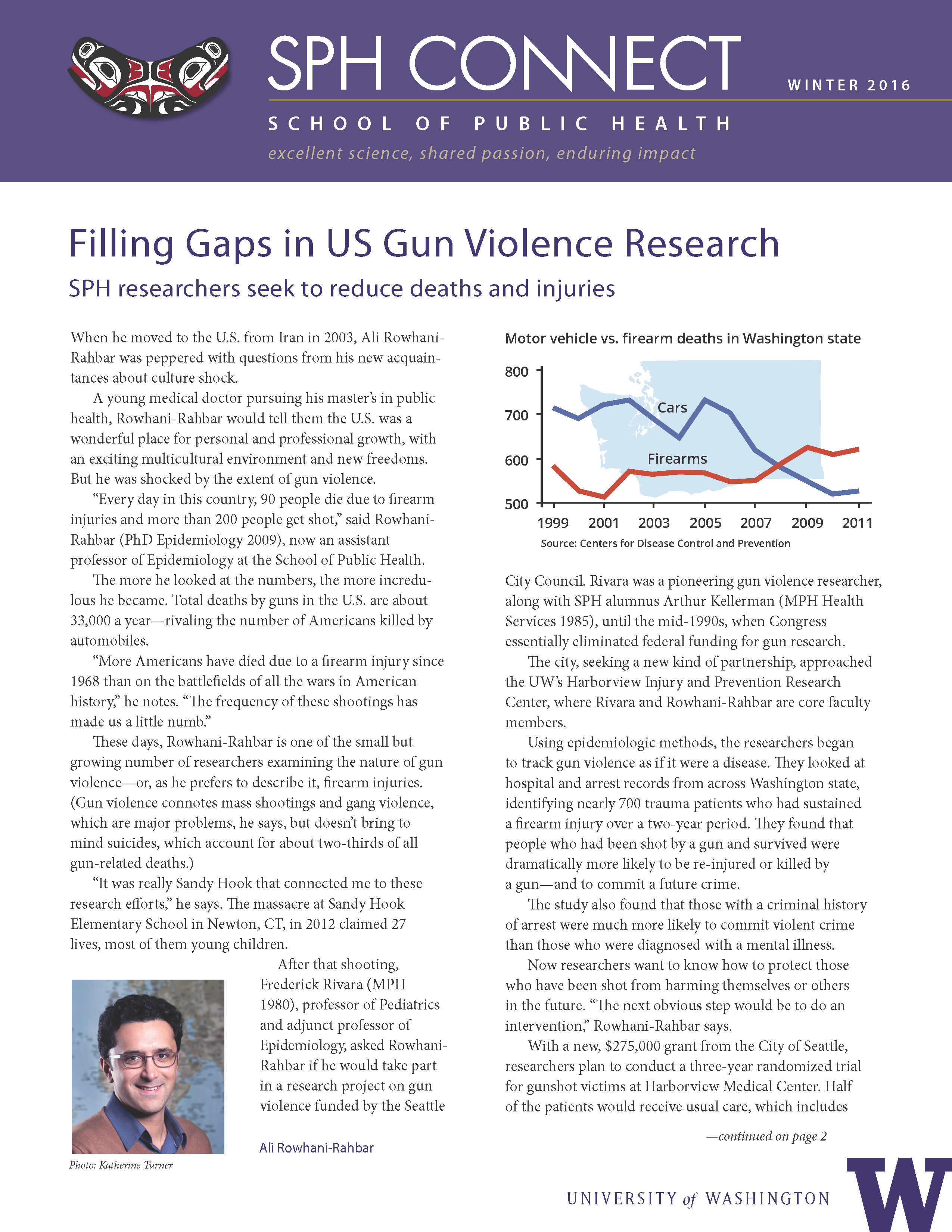
SPH ARCS Scholars
The Achievement Rewards for College Scientists (ARCS) program was launched half a century ago to help the country’s brightest students pursue careers in science and engineering. Fellowships are worth $17,500 over three years. Ten SPH students from Biostatistics (Bio), Epidemiology (Epi), and Environmental & Occupational Health Sciences (EOHS) are current ARCS Scholars.
First-year scholars: Tyler Bonnett, Bio; Rachel Shaffer, EOHS
Second-year scholars: Miriam Calkins, EOHS; Natalie Gasca, Bio; Kelsey Grinde, Bio; Tsegaselassie Workalehmahu, Epi/GO-MAP
Third-year scholars: Sylvia Badon, Epi; Jacqueline Garrick, EOHS; Anna Plantinga, Bio; Connie Tzou, EOHS
ARCS Scholar Miriam Calkins: Researching Heat-Related Hazards
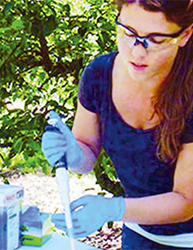
MC Testing for Dehydration
Photo Credit: Jose CarmonaThe climate is changing and so is the workforce. PhD student Miriam Calkins, in the Department of Environmental and Occupational Health Sciences, seeks to better understand the connections between the two. “We know that extreme heat is anticipated to increase in duration and frequency,” says Calkins (MS 2012, Exposure Sciences). “Extreme heat can affect not only health and chronic diseases, it can also increase death and rates of injury.” Meanwhile, the economy is seeing more temporary workers and contractors. Calkins plans to spend the summer researching heat-related hazards faced by rooftop construction workers who have no access to shade and limited access to water. Being an ARCS fellow has been a huge financial benefit, she says. “It’s very difficult to meet the standard of living in the Seattle area. It provides me a better work-life balance.” A second benefit is the networking through the Seattle chapter of the ARCS Foundation. Calkins enjoys paddle-boarding, dancing, running halfmarathons, and spending time with her dog. A graduate of Evergreen State College, she co-founded the Olympia Free Clinic for uninsured patients, which opened in 2011.
-
